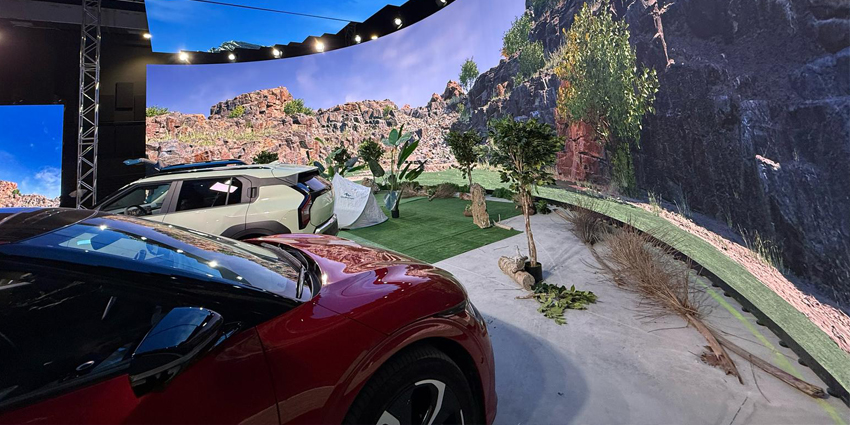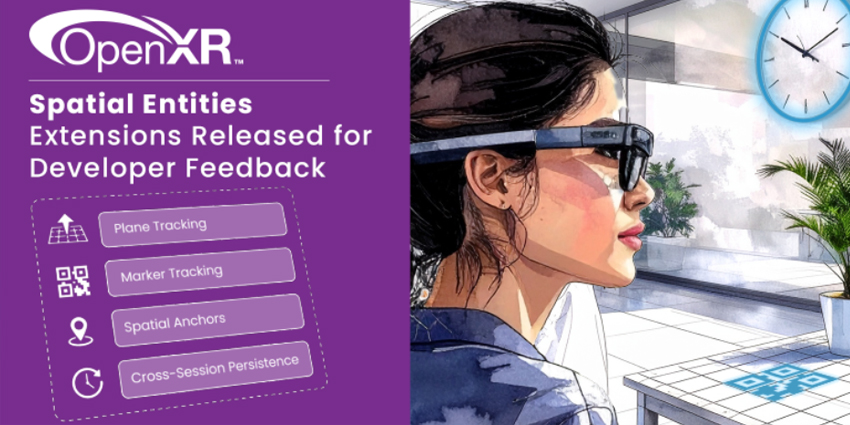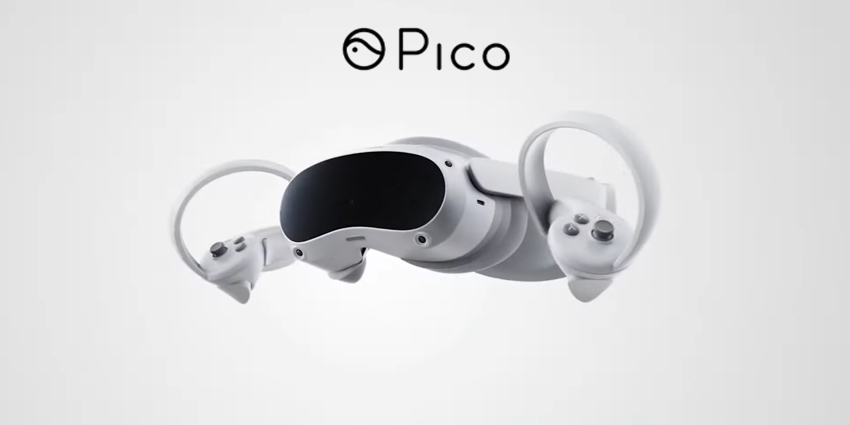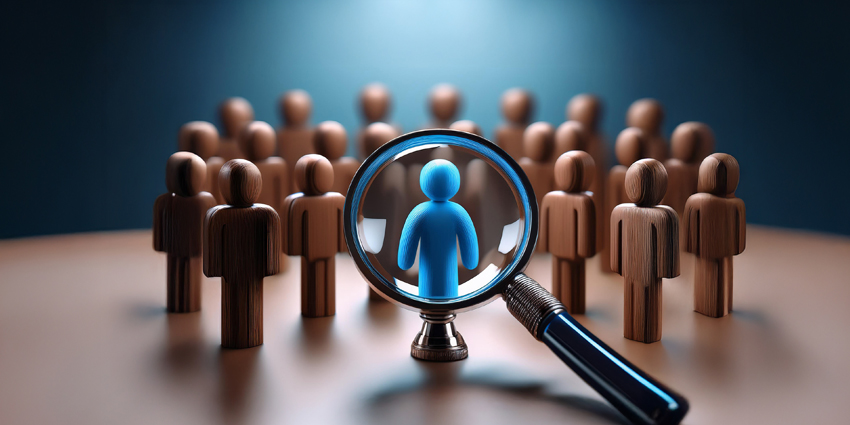A decentralized autonomous organization (DAO) refers to a non-centralized entity where its members take decisions at the community level, guided by a set of rules enforced via a blockchain network.
They are cooperatively owned and governed by their members and incorporate funds that are accessible only with their agreement. Groups decide on ideas that are voted on over a certain period of time.
DAOs also operate without any interference from hierarchical administrations and are used for a variety of purposes, such as freelance networks to pool funds for contracts to pay for software subscriptions, philanthropic initiatives where members approve payments, group-owned venture capital businesses, and others.
How Does a DAO work?
DAOs are powered by smart contracts, which are simply bits of code that execute automatically when a set of predefined criteria is met. To date, smart contracts are deployed on a variety of blockchains, with Ethereum being the first to do so.
The DAO’s regulations are defined by these smart contracts and individuals owning shares subsequently get access to voting rights and can shape how organizations function with new governance mandates.
This protects DAOs from being inundated with proposals and suggestions as they will only succeed with approval from a majority of stakeholders. The method used to calculate that majority varies between DAOs and is stated in the smart contracts.
DAOs are completely self-sustained and transparent, and since they are based on blockchains, their source code is publicly accessible as open-source resources. Further, anyone can audit their built-in treasuries as the blockchain maintains a complete record of all financial activities.
Typically, a DAO is launched in three stages, which include the following:
- Creating smart contracts
Developers or groups of developers must first create a smart contract, but can only modify the rules established in them after launch via the democratized governance system. This requires them to thoroughly test contracts to ensure they do not forget critical information.
- Obtaining funding
Secondly, DAOs must decide on a method of funding and governance. Typically, tokens are issued to raise funds to confer voting rights to holders. The DAO is considered live and functioning after the funding process, and all critical decisions regarding the organization are made by users to establish consensus on proposals.
Users can vote on proposals by owning and locking cryptocurrencies in a voting contract, with the voting weight proportionate to the amount of coin locked. The proposal is later implemented according to the predetermined network consensus rules, and voters are awarded additional coins in exchange for their participation.
- Deployment
After setup, the DAO must be deployed to the blockchain, where it is then up to stakeholders to decide how the organization will run. The founders of the organization, or the individuals who developed the smart contracts, no longer have any influence over the project than other stakeholders.
Why Are DAOs Necessary?
DAOs offer significant advantages over traditional organizations due to their internet-native nature. One key benefit of DAOs is the lack of need for two parties to trust one another. While a traditional organization demands a high level of trust in its leaders — particularly on behalf of investors — DAOs require just code. Trusting that code is made easier by the fact that it is publicly accessible and can be thoroughly tested before launch.
Communities must review DAOs after their debut and are public and verifiable. It has no hierarchy but can continue to operate and expand while being controlled by stakeholders via its native token. As a result of the lack of hierarchy, any stakeholder can submit an innovative proposal for the entire group to consider and improve. Most internal disputes are resolved using the voting method, in compliance with the smart contract’s regulations.
How Does a DAO Make Money?
Traditionally, a DAO earns money from dividends on the organization’s investments. Individuals who start a DAO can potentially earn money by getting others to invest in their business idea.
The rise of NFTs and cryptocurrency is leading to a renewed interest in DAOs following their decline in 2016, when The DAO, or Genesis DAO, was hacked, effectively closing the market for new ones to emerge.
Entrepreneurs can potentially earn revenues using DAOs, provided their community excels at governance, or if they are capable of making a collective decision.
DAOs Are Gaining Ground
Over the last few years, decentralized autonomous organizations have gained pace and are now completely integrated into several blockchain initiatives. For example, the decentralized finance (DeFi) field employs DAOs to enable applications to become completely decentralized.
In a way, the Bitcoin (BTC) network can be considered an early example of a decentralized autonomous organization (DAO). The network grows via community agreement, even though the majority of network participants have never met. Additionally, it lacks a centralized governance framework, requiring miners and nodes to declare support.
However, by today’s standards, Dash would be the first fully decentralized autonomous organization, as the project features a governance mechanism that allows stakeholders to vote on how the treasury is used.
Other, more sophisticated DAOs, such as those created on top of the Ethereum blockchain, are responsible for the introduction of cryptocurrency-backed stable coins in metaverse environments.
In certain circumstances, the organizations that founded these DAOs gradually relinquish control of the project to eventually become irrelevant. Token holders can participate in voting on governance proposals that include hiring new contributors, adding additional tokens as collateral for their coins, and adjusting other settings.
What Does a DAO Mean for the Future?
Currently, the list of DAOs is lengthy and has evolved into a distinct concept that has gained traction over time. While some initiatives are currently pursuing complete decentralization via the DAO model, it is worth noting that they are only a few years old and have yet to accomplish their ultimate aims and objectives.
DAOs, as internet-native organizations, can fundamentally alter how corporate governance is conducted. While the concept grows and participants clarify the legal jurisdiction in which they operate, an increasing number of businesses may adopt DAOs to help control certain aspects of their operations – particularly in the Metaverse.







